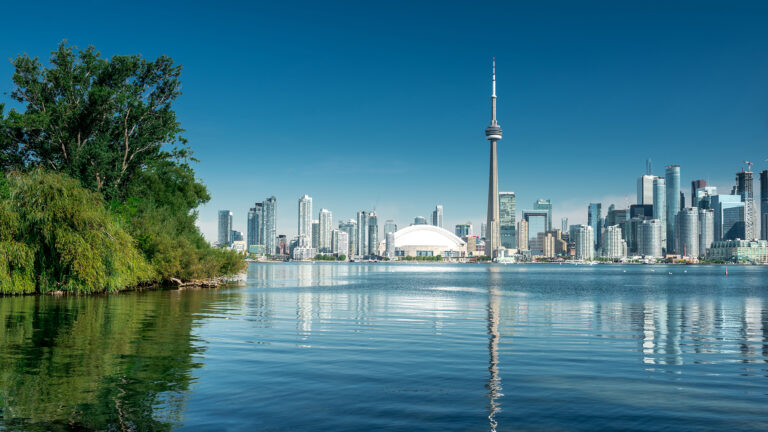By Staff
Global family offices increased developed market equity allocations to an average of 26% in 2024, up 2% from in 2023, according to a survey by UBS.
The survey, which polled more than 300 global family offices, found among those planning to make changes, more than a quarter (29%) said they intend to raise allocations to developed market equities this year. It also found average allocations to private debt doubled to 4% in 2024, up from 2% the previous year. Family offices planning to make changes to their allocations in 2025 also said they planned to raise their exposure to private debt a further 5%.
While allocations to developed market fixed income increased to 16% in 2023 from 12% in 2022, 2024 experienced a decline (15%). This year is poised for a different outcome, as family offices that are making changes to allocations said they plan to increase exposure in this area to 17% globally.
The survey found respondents’ total average allocation to private equity fell to 21% (11% direct private equity and 10% funds/funds of funds), against a backdrop of subdued capital markets and acquisition activity, as well as high-financing costs. What’s more, 18% of respondents making changes to asset allocations said they planned a further reduction in this sector.
Within real estate, family offices’ average asset allocation rose slightly from 10% in 2023 to 11% in 2024. U.S. family offices raised allocations in this sector from 10% in 2023 to 18% in 2024, while Latin Americans cut their allocations from 7% to 6% and Southeast Asians from 6% to 4%.
Allocations to precious metals rose on average globally, although remaining a small portion of portfolios. The average global allocations rose from 1% in 2023 to 2% in 2024. Cash allocations continued to decline, decreasing from 10% in 2023 to 8% in 2024.
Additionally, family offices’ total portfolios had more than half (53%) invested in North America in 2025, up marginally (3%) from last year. Respondents also noted they had just over a quarter (26%) invested in Western Europe (nearly the same level as last year) this year, while their allocations to Asia-Pacific and Greater China both fell to 7%. Notably, U.S. family offices allocated the majority (86%) of their portfolios to North America.
In 2024, family offices polled allocated just 4% to emerging market equities and 3% to emerging market bonds, on par with 2023. When asked to choose from a selection of emerging markets, respondents said they were most likely to increase their exposure to India (28%) and Mainland China (18%) over the next 12 months. Middle Eastern family offices were the most likely to increase exposure to India, while North Asians were more likely to cite Mainland China.
Respondents chose geopolitical concerns as the No. 1 (56%) barrier to investing in emerging markets, followed by political uncertainty and/or the risk of sovereign default (55%), currency devaluations and/or inflation (48%) and legal uncertainty/lack of regulations (51%).
More than a third (37%) of family offices said they expect a significant or moderate rise in direct private equity and/or funds/funds of funds (34%), while nearly a third (30%) anticipate a significant or moderate increase in private debt and 23% said the same of infrastructure investments. Although 29% said they anticipate significant to moderate increase in real estate, 19% said they expect the opposite.
Despite an overall liking for developed market equities, Asia-Pacific (excluding Greater China) is the region where the most family offices said they planned to increase investments, with more than a third (35%) noting they intend to do so. Slightly fewer (32%) family offices said they planned to increase investments in North America and even less noted they were looking to increase investments in Western Europe (21%) and Greater China (19%).
Although U.S. family offices’ direct private equity investments declined from 21% in 2023 to 14% in 2024, Middle Eastern family offices allocated 8% of their portfolios to this sector last year — twice the global average (4%). Latin American and Southeast Asian family offices each allocated 5% to emerging markets bonds last year, compared with a 3% global average.
While U.S. family offices held 18% of portfolios in real estate in 2024, Southeast Asian family offices held just 4%. This contrast may reflect different conditions in local real estate markets, noted the survey findings. As investors gravitate to diversifiers, negative perceptions of hedge funds appear to have dissipated in some regions, including North Asian family offices, which allocated 9% to hedge funds in 2024. By contrast, Latin American allocations in this area were just 2%. And while Swiss family offices allocated 3% to gold and other precious metals last year, their U.S. peers allocated less than 1%. The Asia-Pacific region saw family offices allocate an average of 12% in cash or cash equivalents, higher than the global average (8%).
This year, more than two-fifths (46%) of family offices that take sustainability into account within their investments and businesses saw it as providing attractive opportunities, a slight increase from in 2024 (42%). However, fewer respondents noted sustainability was essential for properly managing financial and non-financial risks, (33% compared to 47%).
When asked how they were pursuing their sustainability and impact objectives, more than a third (37%) said they were invested in clean, green, or climate technologies and roughly half (49%) included health technologies and innovation in their portfolios. The main way to participate in education, though, is through philanthropy, with 44% opting to do so.












